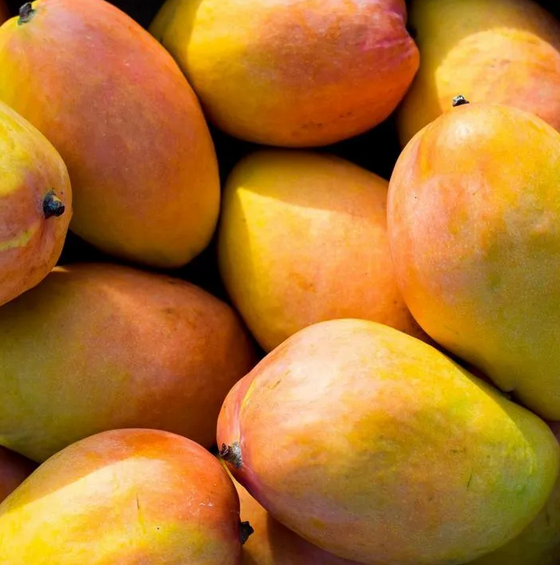Edward Mango Tree
$23.00
Most orders ship immediately. As noted on the website, some items are seasonal, and may only ship in spring or fall. Once your order is shipped, you’ll receive an email with a tracking number.
| Amount of Order | Shipping Charge |
|---|---|
| Less than $49 | $19.95 |
| $49 + | FREE SHIPPING! |
How to store it?
Keep mango at room temperature until ripe and ready to eat.
Once ripe, you can place it in the refrigerator to prolong its freshness. It will keep for 3 to 5 days in the refrigerator.
What are its health benefits?
Mango is a nutritious fruit that can help keep the body healthy, especially the heart, eyes, immune and digestive systems.
Main nutrients of mango
Mango is rich in:
- vitamin B9: provides 35.10% of the RDA, i.e. 70.20 µg per 100 g
- vitamin C: provides 31.25% of the RDA, i.e. 25 mg per 100 g
Mango is a source of:
- vitamin A (carotenoid family): provides 18% of the RDA, i.e. 144 µg per 100 g. Mango is the 5th fruit with the highest β-carotene content (Ciqual 2020 table)
- vitamin E: provides 17.08% of RDA, i.e. 2.05 mg per 100 g. Mango is the fruit with the highest vitamin E content, just behind blackcurrants (Ciqual 2020 table)
Good to know, mango contains two main types of phytonutrients with antioxidant effects:
- carotenoids, contained in large quantities in the pulp, which give it its beautiful yellow to orange color
- polyphenols, contained mainly in the skin and core
Mango contains several polyphenols with antioxidant and anti-inflammatory actions, protecting against cell degeneration.
To make the most of its polyphenols, and in particular mangiferin (often offered as a dietary supplement because of its many benefits on its own), we recommend that you scrape off the pulp in contact with the fruit’s skin and stone. You can use a knife or your teeth to scrape the pulp.
Some mango varieties have a pleasant skin to eat – these are generally the ones with the lowest polyphenol content.
You might also like
Related products
-
 This product has multiple variants. The options may be chosen on the product page
This product has multiple variants. The options may be chosen on the product page
-
 This product has multiple variants. The options may be chosen on the product page
This product has multiple variants. The options may be chosen on the product pageLemon Meringue
$23.00 -
 This product has multiple variants. The options may be chosen on the product page
This product has multiple variants. The options may be chosen on the product pageCarrie Mango Tree
$23.00 -
 This product has multiple variants. The options may be chosen on the product page
This product has multiple variants. The options may be chosen on the product pageMun Kun Si Mango Tree
$23.00

